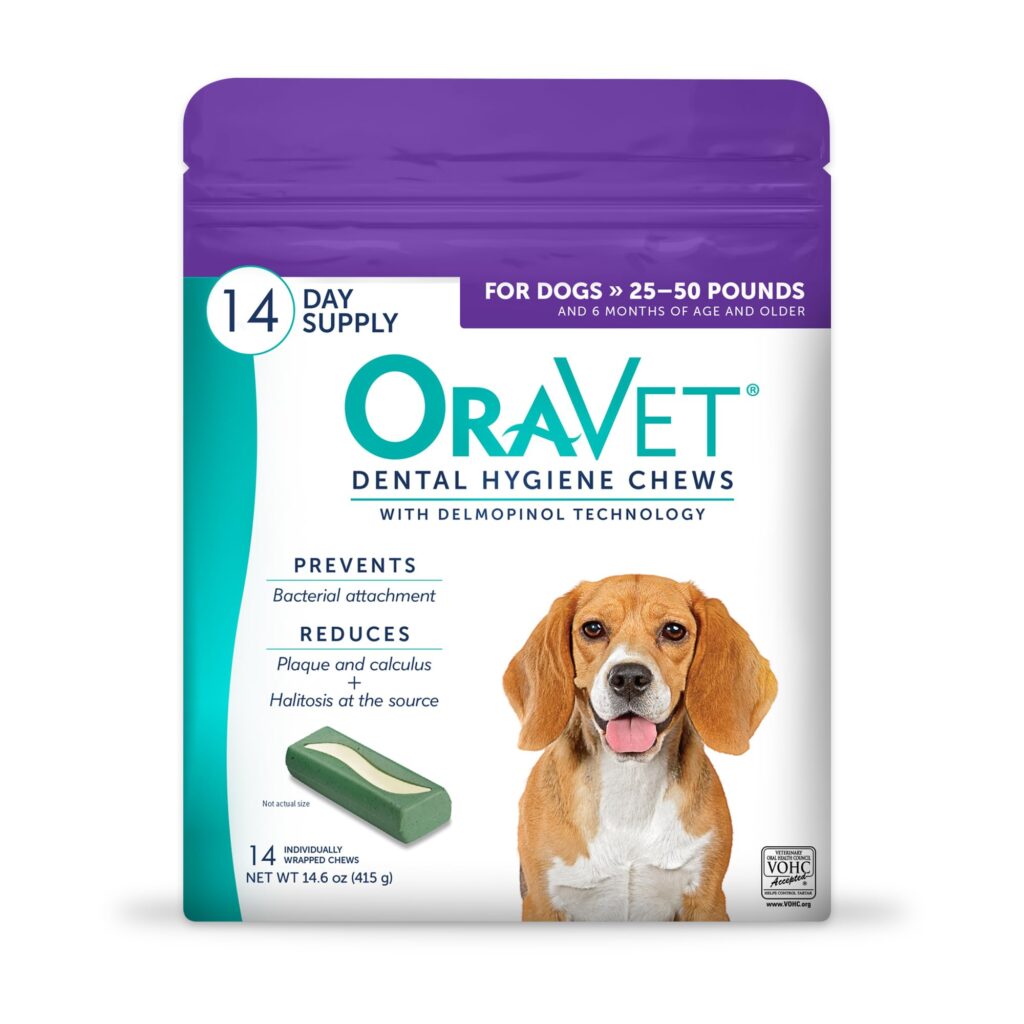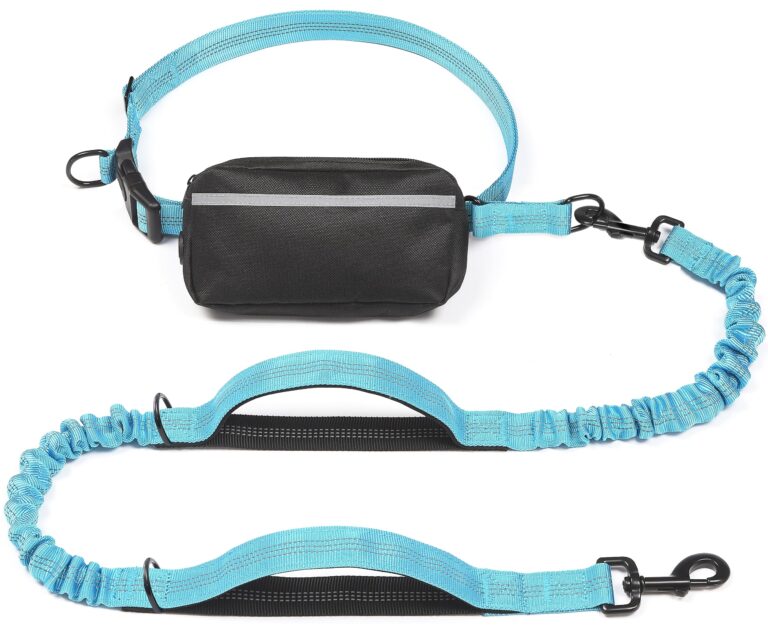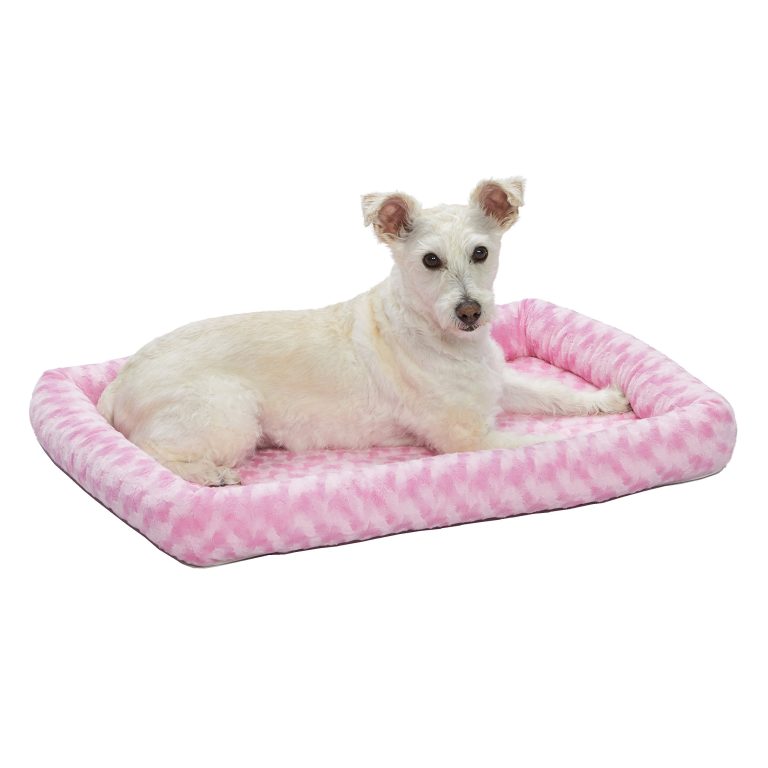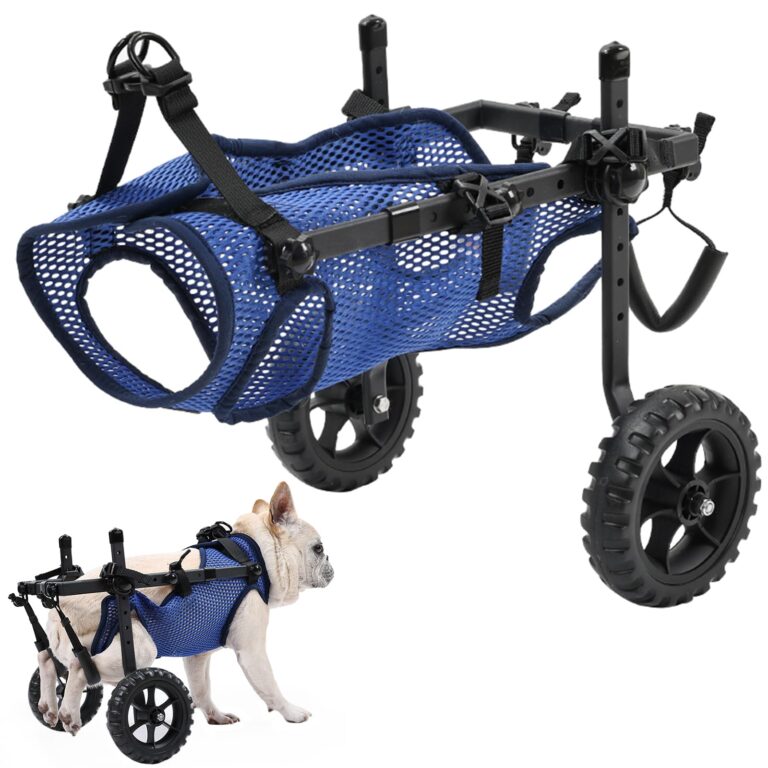The Benefits of Regular Exercise for Senior Dogs
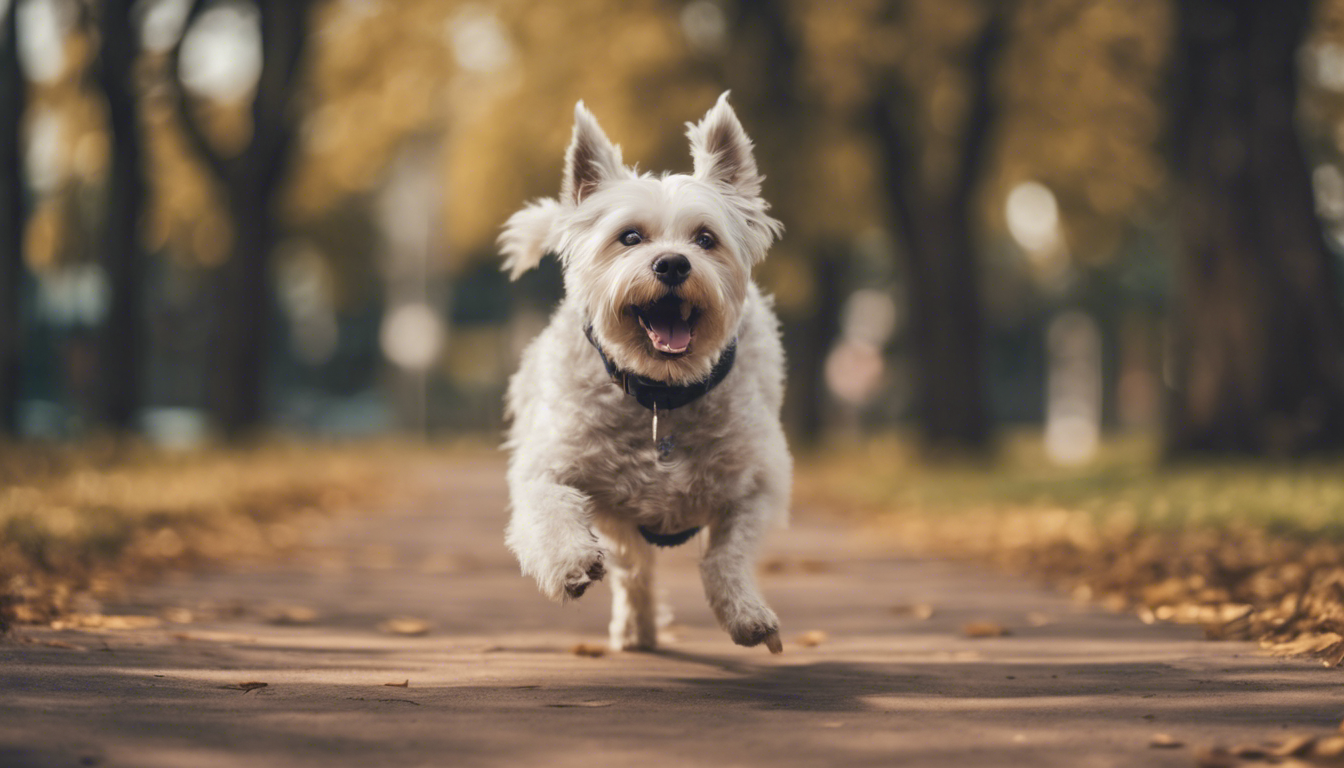
Enhancing Mobility and Joint Health
Just like in humans, as our four-legged companions age, their joints can start to show the signs of wear and tear. Keeping them moving with regular exercise is one of the key ways to maintain their mobility and joint health. Those leisurely walks or gentle tosses of the ball can work wonders in keeping their ligaments and tendons flexible, while also helping to maintain muscle strength that supports aging joints.
Starting with low-impact activities is essential for senior dogs. Think of activities that avoid putting too much strain on their joints, such as swimming or short, slow walks. Exercising your senior dog in moderation can help avoid overexertion which might lead to injuries. And remember, it’s not just about physical exercise — incorporating gentle stretching can also be extremely beneficial, particularly for dogs with arthritis or other joint issues.
You might find that your senior dog has a lower tolerance for exercise, and that’s perfectly okay. Pay close attention to their body language — a slower pace or reluctance to move could be their way of saying they need a break.
Regular vet check-ups are a must, as they can detect early signs of joint problems like arthritis, and your vet can recommend specific exercises or physiotherapy that can support your dog’s joints better. There’s also an array of joint health supplements that can provide additional support, but always consult with your vet before introducing any new supplement to your dog’s regime.
And let’s not forget one of the simplest exercises that can have a tremendous impact on joint health — walking. Daily walks not only enhance limb function but also ensure that all the moving parts are kept in good working order. They stimulate the production of joint fluid, which is nature’s best lubricant for those aging knees and hips.
Consider incorporating a variety of textures and terrains in your walks to keep those paw pads and leg muscles working differently each time. This can help in maintaining balance and proprioception, which very important in preventing slips and falls that can be particularly detrimental for senior dogs.
Regular gentle exercise tailored to your senior dog’s health and comfort level can do wonders for their joints. It can keep them suppler for longer, reduce the risk of joint-related diseases, and ultimately contribute to a better quality of life in their golden years.
Weight Management and Metabolic Benefits
Maintaining an ideal weight for your senior dog very important, not only for their mobility but for overall health. Excess weight can place additional stress on their already aging joints and can lead to a myriad of metabolic issues such as diabetes. Regular exercise plays a pivotal role in managing your dog’s weight, keeping their metabolism active, and ensuring calories are burned effectively.
A dog’s metabolism slows down with age, meaning they may not require as many calories as they did in their younger years. However, without proper exercise, they can easily gain weight even on a reduced calorie intake. Portion control and a balanced diet tailored to their life stage are essential, but pairing this with consistent, gentle exercise can help maintain lean body mass and prevent obesity.
Exercise doesn’t have to be strenuous to be beneficial. Even a stroll around the neighborhood can promote a healthy metabolism. For senior dogs that enjoy water, aqua therapy or swimming can provide a great low-impact activity that promotes weight loss while minimizing joint stress.
Keep in mind that every dog is unique, so what works for one may not be perfect for another. Watch your dog’s response to exercise and adjust accordingly. If your dog pants excessively, seems overly tired, or is reluctant to continue, it is time to stop. You want to encourage activity without causing exhaustion or discomfort.
Another aspect of weight management is regular veterinary check-ups. Your vet can help you monitor your senior dog’s weight and provide guidance on diet and exercise. They may also suggest blood tests to ensure that there are no underlying health issues affecting your dog’s metabolism.
Alongside physical benefits, regular exercise can have a significant impact on your dog’s digestive system. Improved digestion aids in nutrient absorption and helps in preventing constipation, which is a common problem in less active senior dogs.
The key is finding a balance and establishing a routine that suits your senior dog’s needs. A mix of activities, appropriate rest, a suitable diet, and regular veterinary care, all play a part in supporting a healthy weight and metabolism. With the right approach, you can help your senior dog enjoy their golden years with vitality.
Cognitive Function and Mental Health
Maintaining cognitive function and supporting mental health in senior dogs is just as important as attending to their physical well-being. Just like humans, dogs can experience a decline in brain health as they age, which can manifest in symptoms such as confusion, disorientation, and changes in behavior. Exercise is a powerful tool in combatting these age-related cognitive declines.
Engaging your senior dog in activities that stimulate their mind is vital. Simple games like hide-and-seek with treats or toys can encourage problem-solving and keep their brain engaged. Interactive toys that dispense treats when manipulated can provide entertainment and mental stimulation; these activities not only exercise the body but also provide valuable cognitive challenges.
Another key aspect of promoting mental health is routine. While novelty is important for stimulation, a consistent routine provides a sense of security and structure for your senior dog, which can alleviate stress and anxiety. Regular exercise at familiar times and locations can become a comforting part of their daily life.
Also, don’t underestimate the power of scent when it comes to mental stimulation. Dogs experience much of the world through their noses, so providing opportunities for them to sniff and explore new scents can be incredibly enriching. Whether it’s during walks or through scent-based games at home, tapping into their olfactory abilities can be as tiring as a physical workout.
Obedience training or learning new tricks isn’t just for puppies; senior dogs can benefit too. The process of learning and practicing new commands can enhance attention span, improve cognitive function, and help maintain mental clarity. Plus, it strengthens the bond between you and your senior companion, providing emotional security.
Mental health considerations also include appropriate social interaction. Engagement with other dogs, when done safely and within comfortable limits for your dog, can provide a boost in mood and mental stimulation. However, keep in mind that as dogs age, their social tolerance may change. Always monitor these interactions closely and intervene if your senior dog seems overwhelmed or unhappy.
It is crucial to be observant of your senior dog’s behavior and cognitive function. Signs of distress, such as increased anxiety, sleep disturbances, or noticeable changes in behavior patterns, should be discussed with a veterinarian. These could indicate underlying health issues that may require professional attention.
Finally, ponder the impact of your own emotional state on your senior dog. Dogs are keenly sensitive to human emotions, and a calm, positive environment can work wonders for their mental health. Providing a stable, loving home where they feel safe and cared for is one of the greatest contributions to their overall well-being.
By incorporating these practices into your senior dog’s life, you’re not just promoting their physical health but also enriching their golden years with cognitive engagement and emotional fulfillment. Regular physical and mental exercise, along with a nurturing environment, will help ensure that your senior dog remains alert, engaged, and happy.
Socialization and Emotional Well-being
As our beloved canine companions enter their senior years, their need for social interaction and emotional support becomes as critical as their physical health needs. For senior dogs, the companionship derived from socialization isn’t just about fun and play—it’s an essential component of their emotional well-being that can ward off feelings of loneliness and depression that are sometimes seen in older pets.
Regular playdates with other dogs can be incredibly beneficial, provided they’re well-suited to your dog’s energy levels and temperament. While older dogs may not frolic as puppies do, they still enjoy the companionship and mental stimulation that comes from interacting with their peers. If your senior dog is less mobile or shows signs of irritability, short and sweet meetups with familiar, calm canine friends can still provide valuable social enrichment without overtaxing them.
Senior dogs often have a deep bond with their human families, and that is a bond worth strengthening through shared activities. Spending quality time with your pet, be it through gentle grooming sessions, cuddles on the couch, or simply sitting together in the garden, can help reassure your dog of your affection and presence. For an older dog, this can make a world of difference in their emotional security and happiness.
Interactive play with toys that not only occupy them physically but also require them to consider and react, such as puzzle feeders, can be very rewarding. Activities that tap into their natural instincts, like scent work games where they have to find hidden treats or toys in the house or yard, can provide a great combination of both mental and emotional satisfaction.
Remember, it’s important to consider each dog’s individual personality and health status when fostering their social life. Not all senior dogs will appreciate the hustle and bustle of dog parks or the energy of young pups bounding around them. For some, a peaceful and predictable environment with familiar faces might be the key to their contentment.
Your dog’s emotional health is tightly linked to their environment, so strive to provide a peaceful, stress-free haven where they can rest and feel secure. Changes in the household, loud noises, or the addition of new pets can be particularly unsettling for senior dogs, so such changes should be managed with extra care and sensitivity.
It’s also important to watch for signs of behavioral changes that could indicate your dog is not coping well emotionally. Any significant shifts in behavior, such as increased clinginess, aggression, withdrawal, or changes in eating and sleeping patterns, could signal that your dog needs more emotional support or possibly an evaluation by a veterinarian for underlying health issues.
Ultimately, ensuring your senior dog’s emotional well-being involves a blend of socialization, compassion, and attuning to their unique needs. Regular, gentle interactions with other dogs and humans, combined with the comfort of a loving home, can significantly enhance the quality of life for your senior dog, helping them to remain a happy and integral part of the family as they age.


